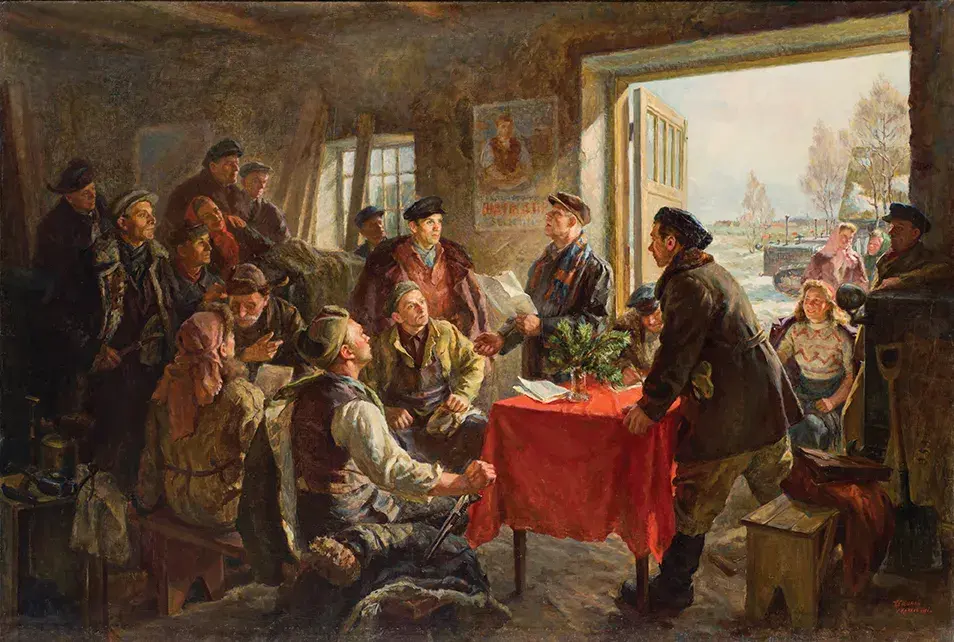Anarchism
- Správne Právne
- Nov 5, 2023
- 3 min read
Dear readers, this week's topic is one that has generated lots of buzz in the media and in society – Anarchism.
Anarchism is a rather broad spectrum of political ideas which usually have one feature in common – rejection of the state. Anarchists believe that a stateless society is both achievable and desirable.
The Origins of Anarchism
It first developed around the end of the 1700s.
It came as a result of people’s desire for social progress as well as the development of the ideas of Individualism.
Apart from that, other developments were key to the growth of anarchist principles:
a) The emergence of the modern nation state and spread of Imperialism (e.g. The British Empire)
b) The development of Capitalism and the industrial revolution

Key Anarchist Theories
First we’ll look at the work of Max Stirner who was a strong Individualist – he placed emphasis on the individual and their moral worth. He took the idea of Individualism and concluded that there shouldn’t be a state. He arrived at this conclusion because he believed that the existence of state impacts (possibly in a negative way) the individual.
Another thinker of anarchism, Mikhail Bukunin, brought Capitalism into the equation, claiming that it got in the way of anarchism, and a revolution to overthrow Capitalists was essential. We can say that he was a critic of Capitalism. After the anti-capitalist revolution, an ordered society based on freedom and solidarity, which was essential for social progress, ought to be created.
Anarchists have a strong connection with Socialism and Communism. A combination of some Communist ideas with Anarchist ideas would be Anarcho-Communism. At the other end of the spectrum there is Anarcho-Capitalism (since not all branches of Anarchism are anti-capitalist). There are many different branches of the Anarchist ideology, fused with other philosophies.
Ideas within Anarchism
Individualism
Under the Anarchist movement it means that the people should be able to rule themselves and not be ruled by others (which is something that Anarchism has in common with Liberalism). Not only are humans able to rule themselves (which is a descriptive claim), but it should be the case (this would be a normative claim). This form of individualism is rather extreme in comparison to milder versions within other ideologies, such as Liberalism.
Justification for Individualism within an Anarchist Framework:
From an ethical perspective, humans are morally responsible for their own actions. Even where the state exists, there are situations where the individual is placed front and centre to be held accountable if they do something morally wrong or illegal. This in itself incurs a certain amount of individualism.
Because humans are morally responsible for their actions, they are therefore free to make their own choices in life.
Because the individual is rational, they should be able to use that rationality to make their own rules for themselves.
Because of moral responsibility (1.) and rationality (3.), humans ought to be able to make their own rules and live individually.

Freedom
Even though freedom is an important issue within Anarchism, it is not one that all thinkers are in agreement with.
On one hand, there are anarchists such as Bakunin, who supported the broadest definition of freedom. However at the same time, he recognised that the desired goal for the individual could only be achieved by people in the company of others (which shows a distinction between the individual and the collective). People working together as a community isn’t necessarily anti-anarchist. They simply reject the existence of a state or a hierarchy.
Other anarchists, such as Striner, believed that individuals are egotistical. As such, there shouldn't be any restrictions on freedom, even if this goes against the interests of the collective.

Finally, anarchists like Emma Goldman claimed that there had to be a balance between the interests of the individual and the interests of the collective. For Goldman, freedom and individualism are still important concepts, but working together as a collective would create social utility in the ability to solve common problems and subsequently enhance individualism and the individual.
* Please note that at no point in this blog am I providing legal advice or claiming to be a professional. These blogs are for entertainment and educational purposes only.*




Comments